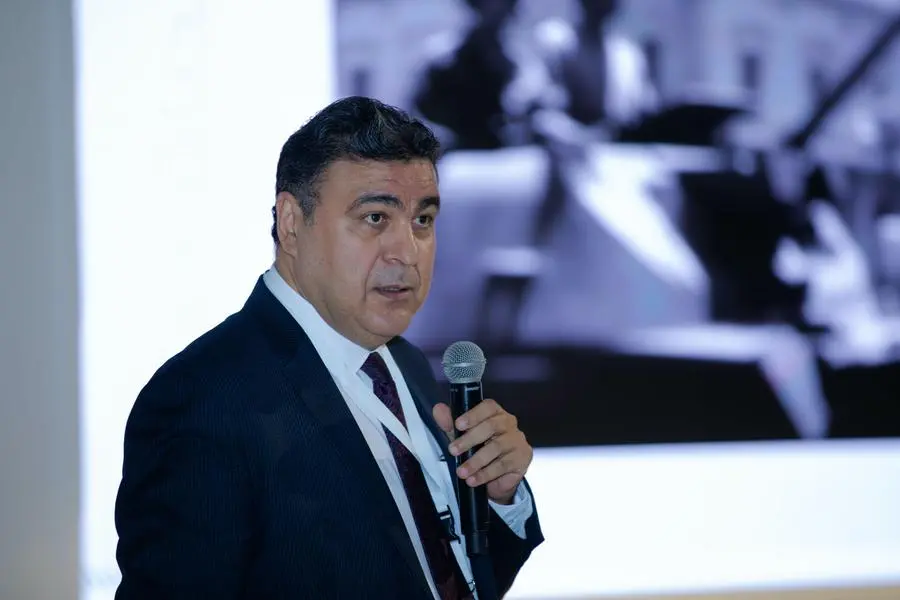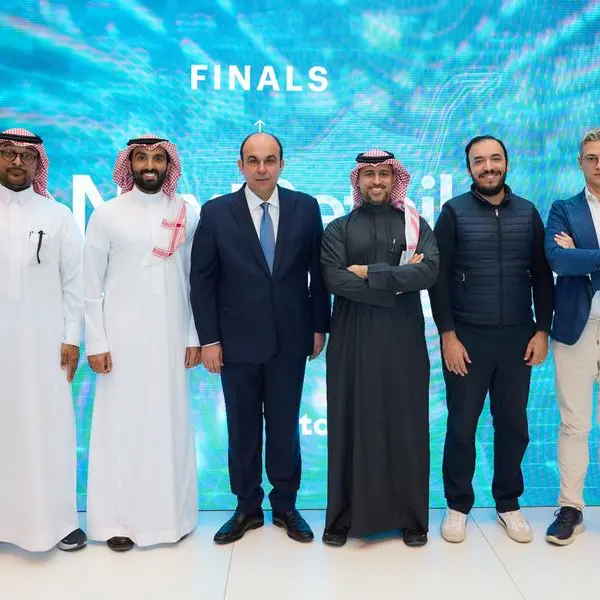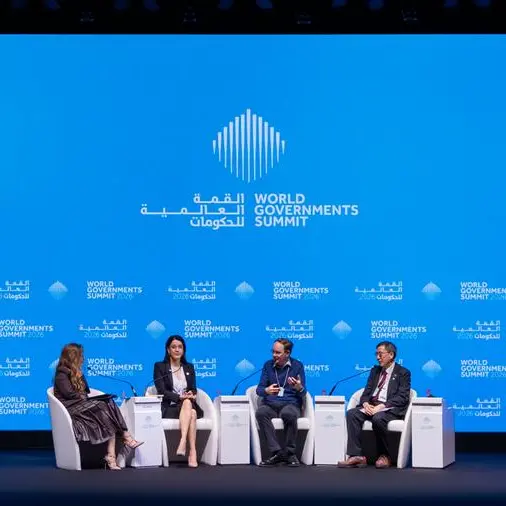PHOTO
Sharjah: Yesterday morning, the United Arab Emirates University conducted two workshops within the activities of the International Government Communication Forum 2022 at the Expo Centre Sharjah, which witnessed a great number of participants and attendees who provided ideas, recommendations, and questions that enriched the discussions.
The first session: " Future of Media Colleges and Media Impact on Education Outcomes", was conducted with the participation of His Highness the Prince, Prof. Saad bin Saud bin Mohammad Al Saud, Dean of the College of Media at Imam Mohammad Ibn Saud Islamic University in Saudi Arabia, and Prof. Heba Al Samri, Dean of the College of Media and Public Relations at Al-Nahda University, and Prof. Tahseen Mansour, Dean of the College of Mass Communication at Yarmouk University in the Hashemite Kingdom of Jordan. Dr. Aysha Al Busmait, author and journalist, moderated the session.
The participants emphasized the importance of enhancing the role of media colleges in preparing graduates who keep pace with the technologies of media development. Media person is no longer just a communicator of traditional press news, but it has become necessary to have skills and techniques in various disciplines to meet the requirements of the media labor market, in addition to the importance of keeping pace with the development of communication techniques. They added that it is required to provide and link training and qualification opportunities for graduates with theoretical academic outcomes. Media colleges are now providing the labor market with large numbers of graduates, amid an increasing number of students who wish to study media, however, lack of training, qualification and employment opportunities prevent them from engaging in professionalism.
They also added that it is necessary to develop curricula and courses, especially in light of the development of distance education after the Corona pandemic, and the associated challenges that require the development of curricula and programs. The student is no longer just a receiver, and the teacher is no longer a transmitter of theoretical information. These changes require curricula development that include practical professional, and realistic applications. The media colleges can benefit the most from such changes. Media is in high demand and requires comprehensive skills for future media professionals.
Finally, the participants emphasized the necessity of bridging the gap between theoretical educational outcomes, practical applications, and the needs of the labor market, and enhancing editorial and practical skills and techniques. It is also necessary to link the acceptance of media students with professional skills.
The second session: " Comprehensive Employee Role in Achieving Government Communication Strategies", moderated by Ms. Ghalia Al Ahbabi, Director of the University Outreach Department at the UAE University, was conducted with the participation of Ms. Wedad Buhamid, Director of the Government Communication Department at the Ministry of Health and Protection, Ms. Mona Khalil, Director of the Government Communication Department at the Ministry of Community Development, and Major Dr. Reem Sabah Qambar, Deputy Director of the Security Media Department at the Ministry of Interior.
The participants emphasized the need to qualify the comprehensive employee, who can work amid pressures, according to the highest standards. They also discussed the idea of preparing and attracting the comprehensive employee that should be provided with multiple skills and at the same time the best job benefits to keep pace with the development of government communication.
The participants added that it is necessary to enhance the basic skills in the field of academic discipline with comprehensiveness and diversity to bring about the required change. As a result, we can reach professional maturity and benefit from the skills of institutional media. Especially, future jobs are directly related to the advanced technical media and the professional outcomes of those skills.
The participants also emphasized that the comprehensive employee is a creative and innovative employee, and this requires a package of incentives that enhance professional capabilities, moral and psychological support, and enable the employee to have the skills required in media disciplines.
At the end of the activities, Dr. Ahmed Murad, Associate Provost for Research, honored the participants in the sessions.
-Ends-




















